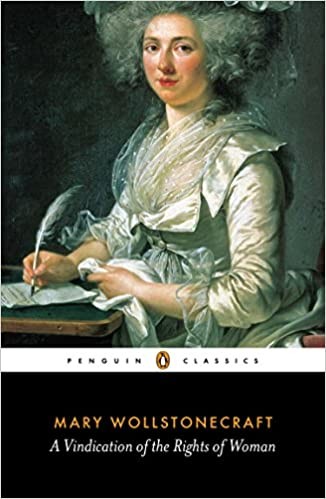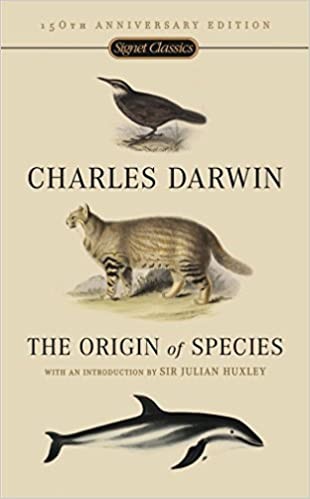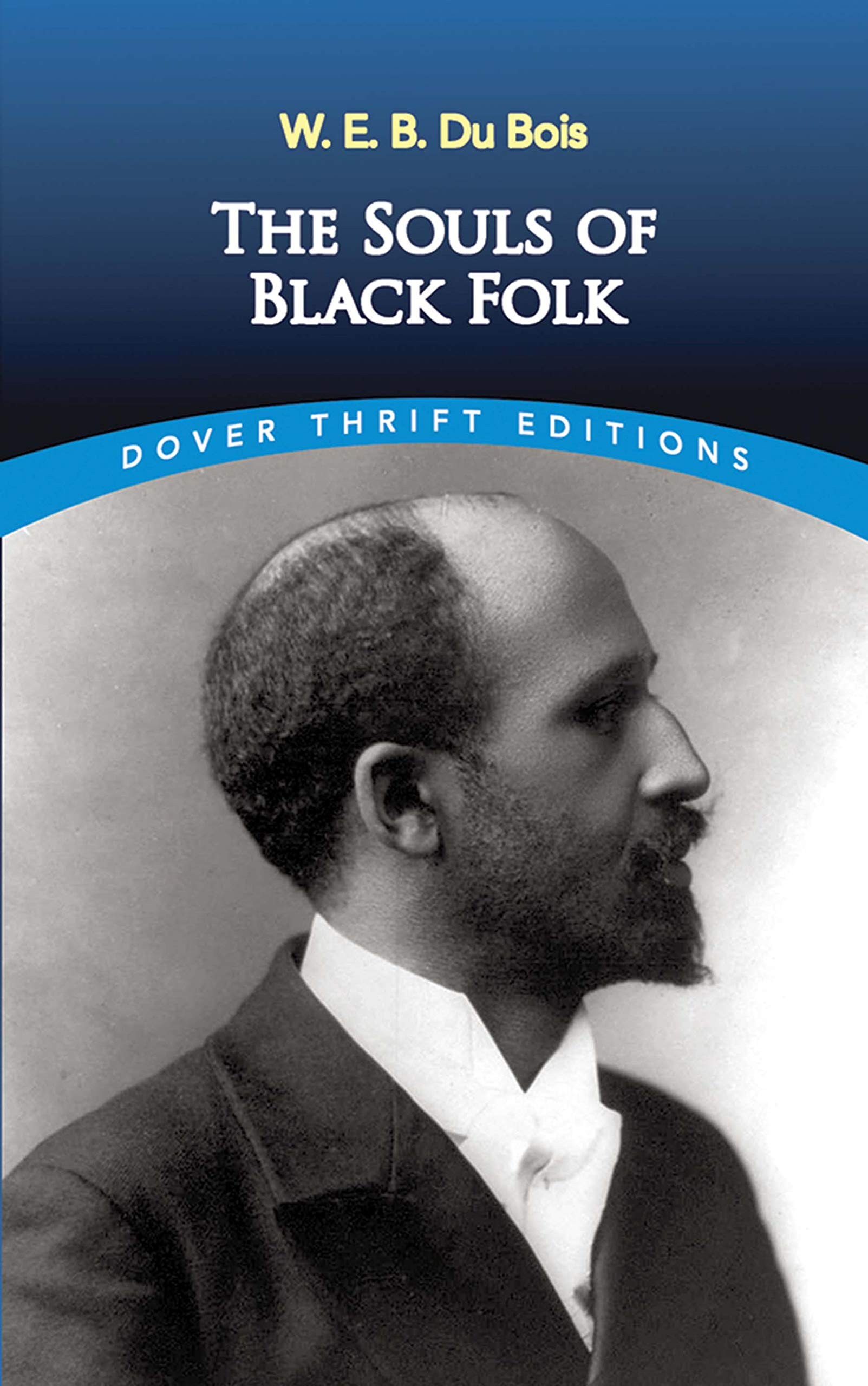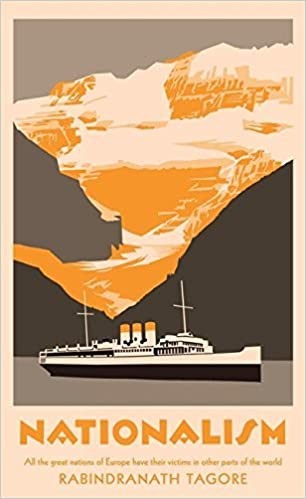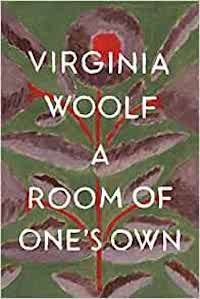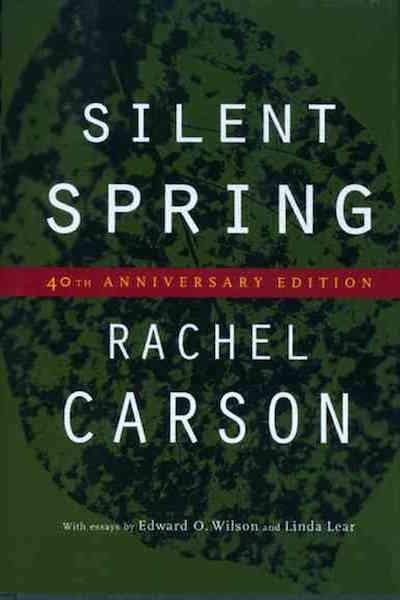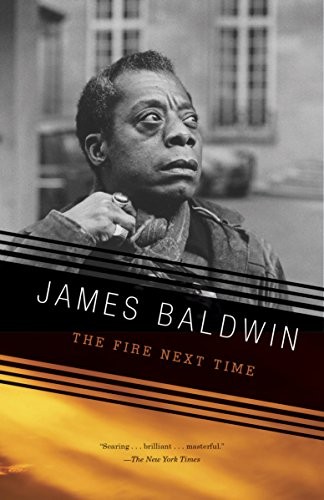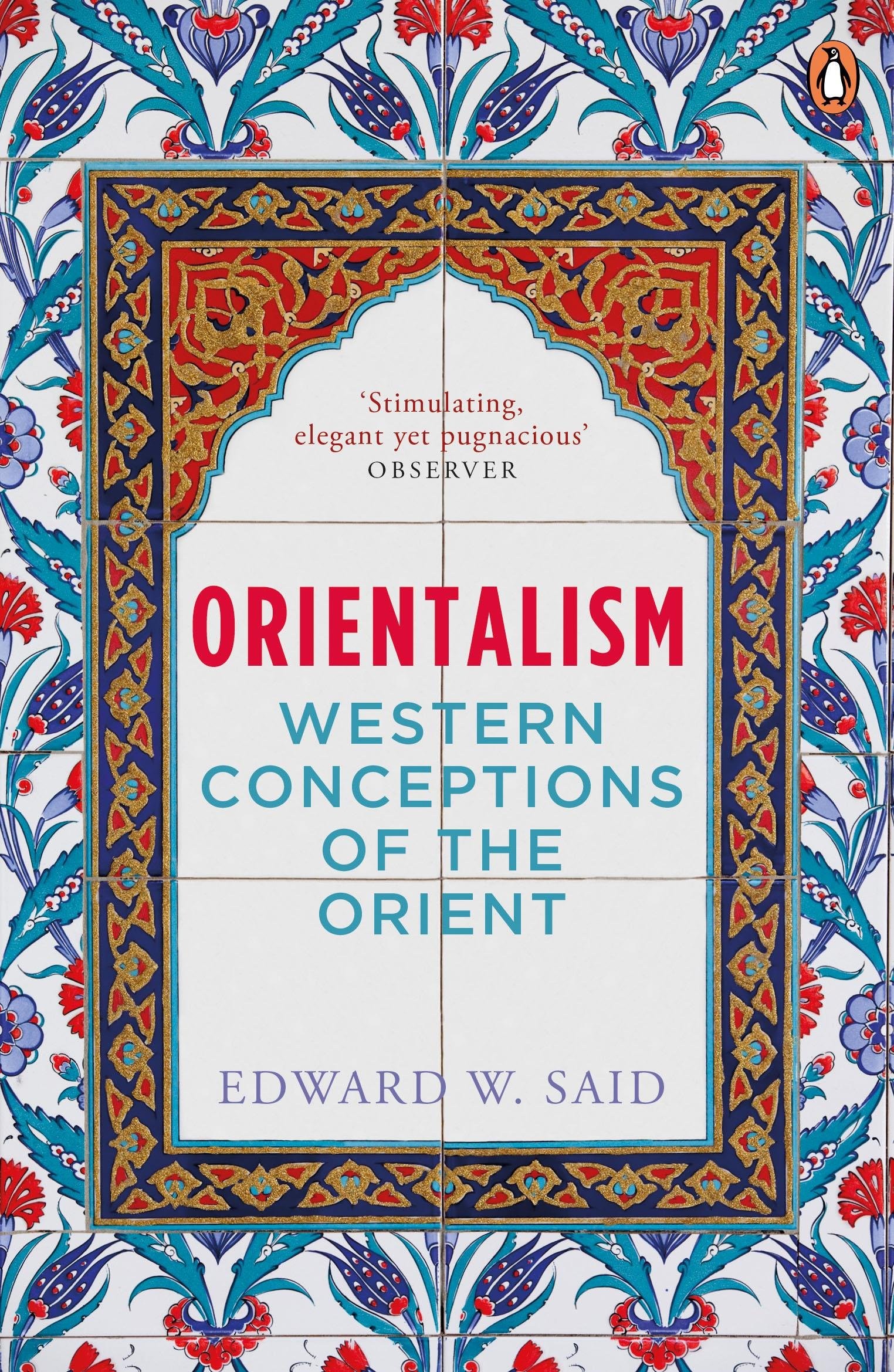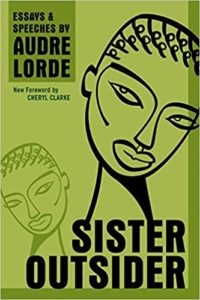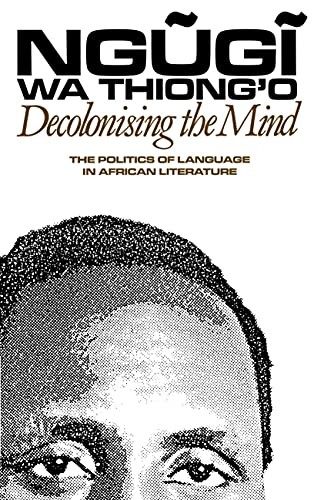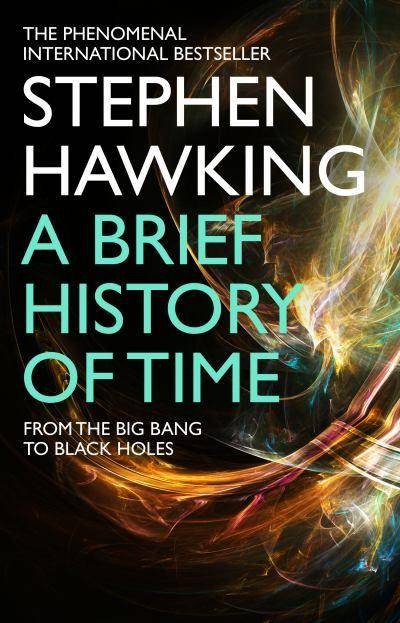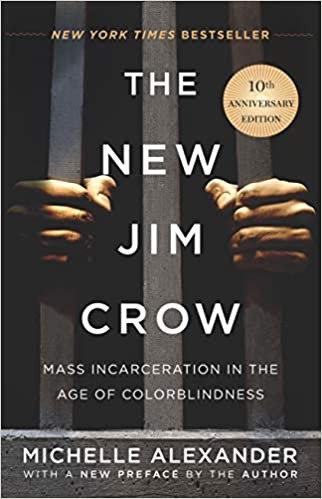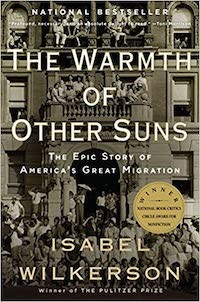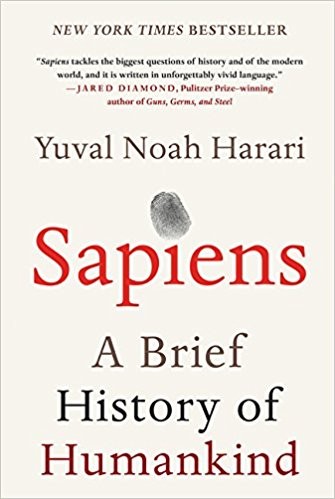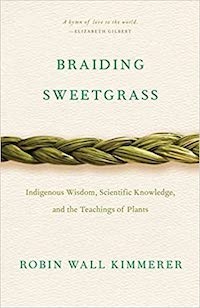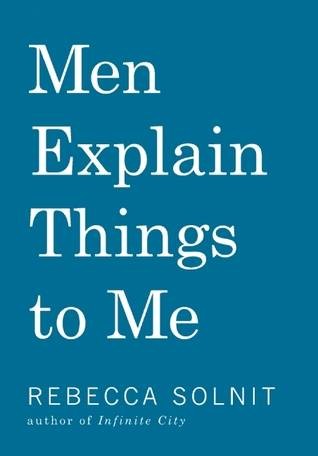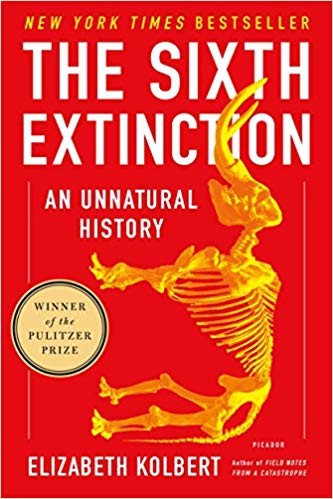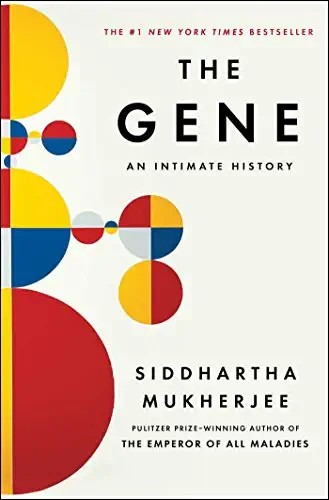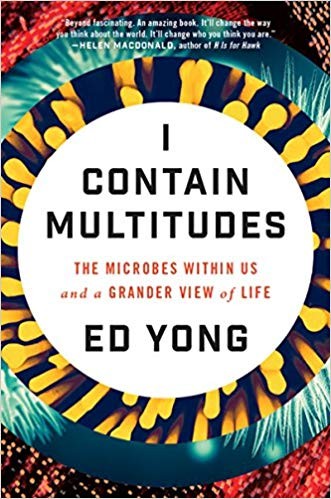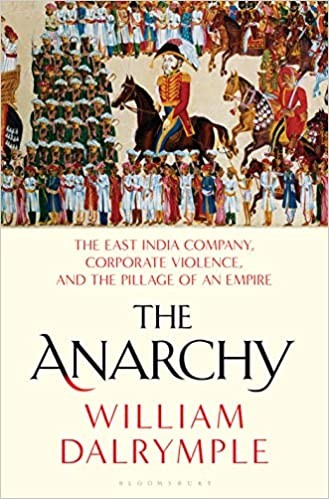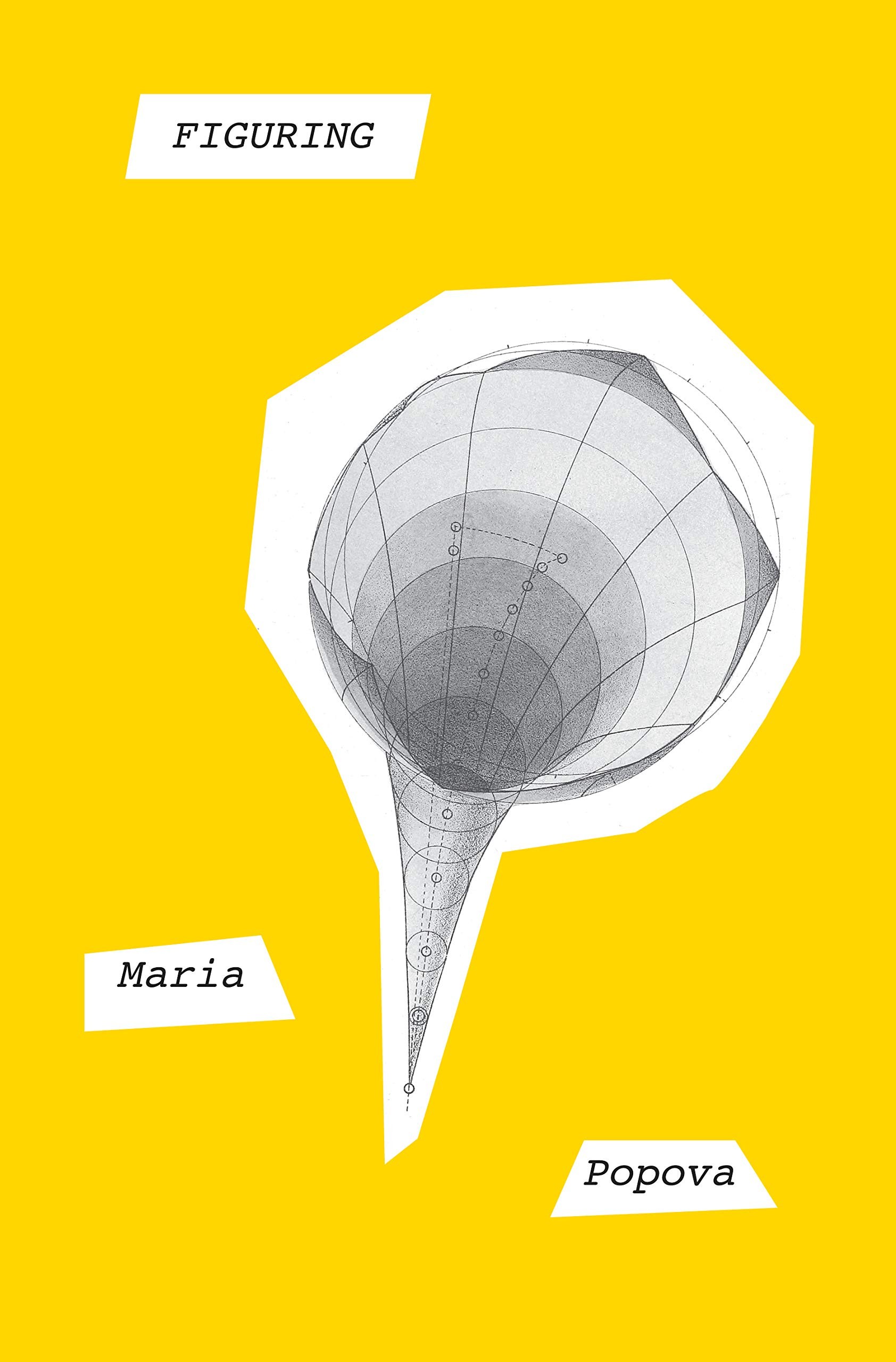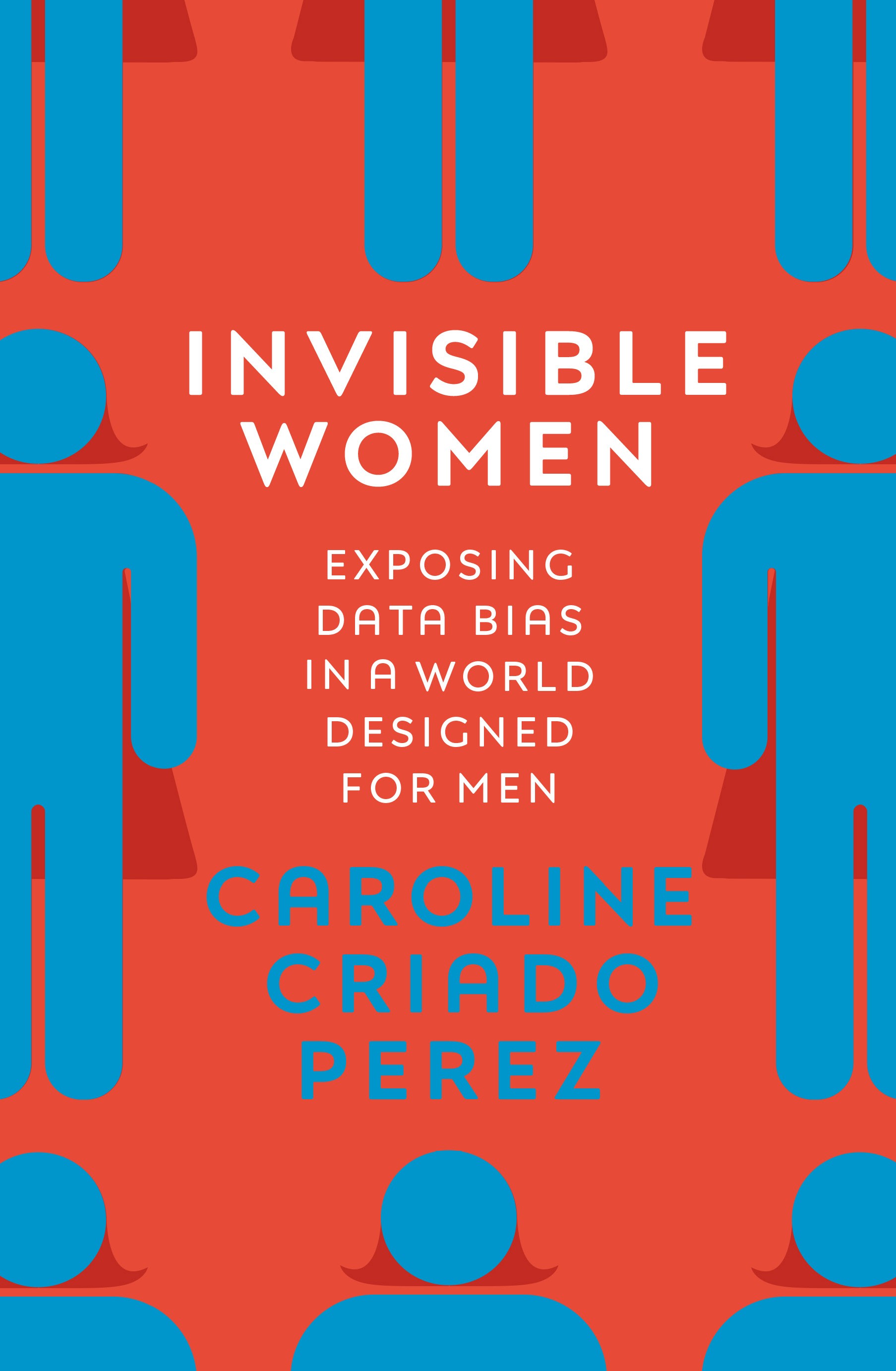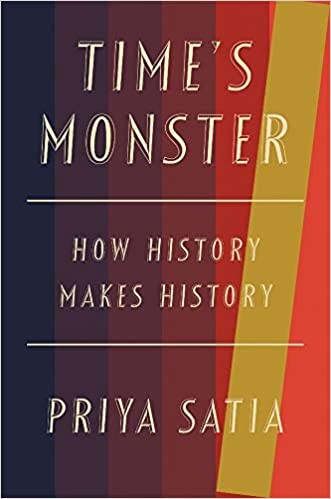In my journey from being a self-proclaimed fiction enthusiast to embracing nonfiction, I’ve discovered the thrill of learning something new every time I pick up a book. Today, I’m excited to share with you 25 exceptional nonfiction books that have made a significant impact on my perspective and understanding of the world. This curated list is by no means exhaustive, but it’s a testament to the power of well-crafted writing that can inspire and educate us.
While I’ve excluded memoirs, autobiographies, and poetry from this selection, rest assured that each of these books has been carefully chosen for its thought-provoking themes, groundbreaking discoveries, or profound insights that have shaped our understanding of reality.
A Vindication of the Rights of Woman by Mary Wollstonecraft (1792)
The publication of ‘A Vindication of the Rights of Woman’ in 1792 marked a pivotal moment in the development of feminist literature. This foundational text has played a crucial role in shaping the women’s rights movement, and its influence can still be felt today. Mary Wollstonecraft’s writing is notable for its sharpness and wit, qualities that continue to impress readers nearly two centuries later.
On the Origin of Species by Charles Darwin (1859)
Darwin’s groundbreaking work not only redefined humanity’s comprehension of life but also fundamentally shifted the paradigm, questioning long-held religious beliefs and practices. Its significance extends beyond its academic value, making it a fascinating read that continues to captivate audiences.
The Souls of Black Folk by W.E.B. Du Bois (1903)
Du Bois’s collected essays establish a powerful critique of the 20th century, pinpointing systemic racism as the most egregious wrong. He emphasizes the crucial role of democratic participation, particularly through voting, in combating these injustices and sets the stage for the pivotal civil rights movement that would follow.
Nationalism by Rabindranath Tagore (1917)
It’s striking to note that this influential essay rarely appears in compilations of nonfiction classics I’ve come across. This omission might be attributed to the inherent Western bias in these lists, a phenomenon that likely extends to this collection as well. Written during an era when nationalist sentiments were prevalent in many Asian regions, Tagore’s work anticipated the dangers of embracing ideologies built on exclusivity.
This essay remains a must-read, not only because it was ahead of its time but also because its relevance endures, underscoring the importance of considering perspectives beyond our own.
A Room of One’s Own by Virginia Wolf (1929)
Virginia Woolf’s essay poses an intriguing inquiry: what has hindered the emergence of female Shakespeares? Through her thought-provoking analysis, she ultimately attributes this dearth to the absence of a stable financial foundation and a private space where women can cultivate their creative pursuits.
Hiroshima by John Hersey (1946)
In Hiroshima, a pioneering work of narrative journalism, author John Hersey crafts intimate portraits of six survivors who experienced the nuclear attack firsthand. Their powerful testimonies not only humanized the catastrophic consequences of the bombing but also prompted Americans to reevaluate the ethical implications of nuclear warfare.
Silent Spring by Rachel Carson (1962)
The publication of Silent Spring marked a pivotal moment in history, serving as a stark reminder of the devastating consequences of uncontrolled pesticide use. Rachel Carson’s seminal work not only showcased her mastery of lyrical prose but also played a crucial role in raising awareness about humanity’s reckless exploitation of the natural world.
By doing so, it inadvertently sparked the modern environmental movement, forever changing the way people perceive and interact with their surroundings.
The Fire Next Time by James Baldwin (1963)
James Baldwin’s powerful essays in The Fire Next Time are marked by a sense of foreboding, stemming from the devastating impact that racism can have on individuals and society. However, amidst this ominous tone, there is also a profound sense of hope.
This hope arises from the conviction that by shedding light on the everyday struggles of marginalized communities, acknowledging the systemic injustices they face, and taking concrete steps to dismantle these deep-seated social evils, we can ultimately prevent the catastrophe that Baldwin so eloquently describes.
Orientalism by Edward Said (1978)
Said’s seminal work formally critiques the Eurocentric gaze that perpetuates a distorted, romanticized view of Eastern cultures – Orientalism – which remains an integral part of postcolonial theory, still relevant today.
Sister Outsider by Audre Lorde (1984)
Audre Lorde’s collection of essays masterfully weaves together her personal experiences as a Black lesbian woman in America to craft nuanced explorations of identity, covering topics such as race, sexuality, class, feminism, and motherhood. A seminal work in the realm of Black feminism, this book serves as a powerful critique of white feminism’s inherent racism, offering a vital counter-narrative that challenges dominant discourses.
The Unwomanly Face of War by Svetlana Alexievich (1985)
This oral history book vividly captures the experiences of Soviet women during World War II. Through firsthand accounts from women who served alongside men on the front lines, we gain insight into their diverse roles, including pilots, snipers, doctors, and scouts.
The significance of this document lies not only in its portrayal of women’s war efforts but also in its exploration of the unique challenges they faced as women, despite their remarkable contributions, upon returning to civilian life after the conflict.
Decolonising the Mind by Ngũgĩ wa Thiong’o (1987)
Ngũgĩ wa Thiong’o’s seminal collection of essays delves into the intricate relationship between colonialism, language, and culture. Through his celebrated writings, he highlights the profound impact of linguistic colonization on individuals and societies. By emphasizing the need to confront and overcome the cultural and psychological legacies of colonialism, Ngũgĩ wa Thiong’o’s work serves as a cornerstone in postcolonial studies.
A Brief History of Time by Stephen Hawking (1988)
With enduring popularity, this seminal work by a renowned physicist delves into the cosmic origins of the universe, captivating audiences worldwide with its accessible narrative.
The New Jim Crow by Michelle Alexander (2010)
The American criminal justice system’s seemingly blind approach to justice belies a profound impact on Black communities. This book serves as a scathing critique, tracing the roots of racial discrimination within the system back to the country’s tumultuous history with racism. The author’s impassioned plea for reform is one that cannot be ignored, given the pressing need for systemic change.
The Warmth of Other Suns by Isabel Wilkerson (2010)
This narrative-driven book brings to life the powerful tale of the Great Migration, a pivotal moment in American history when hundreds of thousands of Black Americans left the South behind in pursuit of a better life, seeking dignity and freedom. The author’s vivid prose paints a stunning picture, transporting readers to the heart of this journey as they follow the stories of three individuals who embody the struggles and triumphs of this mass exodus.
Sapiens by Yuval Noah Harari (2011)
Harari’s sweeping history of humanity offers a compelling blend of erudition and accessibility, making it an ideal introduction to nonfiction for readers. While not everyone may concur with his perspectives, the author provides a thought-provoking framework that encourages critical reflection and piques curiosity.
Braiding Sweetgrass by Robin Wall Kimmerer (2013)
This lyrical exploration delves into the profound bond between humans and the natural world, weaving together scientific inquiry and indigenous wisdom to urge a heightened ecological awareness and reconcile our dissonant rapport with the planet’s rhythms.
Men Explain Things to Me by Rebecca Solnit (2014)
The concept of ‘mansplaining’ was first coined in response to an essay that inadvertently captured the frustration felt by women worldwide towards the tendency of men – often less informed than their female counterparts – to simplify complex ideas for them as if they were ignorant. This phenomenon is exemplified through a diverse range of essays within the collection, tackling themes such as marriage and violence against women.
The Sixth Extinction by Elizabeth Kolbert (2014)
As the world grapples with the reality of the sixth mass extinction, it’s crucial to acknowledge humanity’s devastating impact on the planet. Elizabeth Kolbert takes readers on a journey across the globe, delving into the plight of various species and ecosystems that are being ravaged by human activity. Her meticulous prose paints a stark portrait of our planet’s future if we fail to alter our destructive course.
This thought-provoking narrative serves as a sobering reminder of the importance of preserving our planet’s biodiversity and mitigating the consequences of our actions.
The Gene: An Intimate History by Siddhartha Mukherjee (2016)
The book under review offers a meticulously crafted historical account of how our comprehension of genes has evolved over time. Despite its substantial length exceeding 500 pages, it proves to be an engrossing read that effortlessly weaves together the science behind genetics with Mukherjee’s powerful argument against bigotry and discrimination.
I Contain Multitudes by Ed Yong (2016)
This meticulously crafted book on microbes serves as a fascinating gateway to exploring the intricate relationships between various life forms. Not only will readers acquire a treasure trove of intriguing information about bacteria, but they’ll also gain a profound understanding of the interconnectedness that exists among the diverse inhabitants of our planet.
The Anarchy by William Darlymple (2019)
William Dalrymple’s The Anarchy chronicles the astonishing ascent of the East India Company, a limited liability corporation that paradoxically evolved into a colonial power. As this remarkable book vividly illustrates, a wealthy and expansive nation was ultimately governed from a London boardroom, far removed from its geographical heart.
This thought-provoking narrative serves as a poignant reminder of the perils of unexamined devotion to market forces, where human costs are all too often ignored in pursuit of profit.
Figuring by Maria Popova (2019)
In this remarkable tome, the quest for meaning takes center stage through a tapestry of interconnected stories featuring an array of creative minds, including astronomers Johannes Kepler and Maria Mitchell, writer Margaret Fuller, poet Emily Dickinson, and environmentalist Rachel Carson. This masterful blend of biographies and anecdotes weaves together the lives of these visionaries, inviting readers to immerse themselves in their journeys and ponder the profound insights they offer.
Invisible Women by Caroline Criado Perez (2019)
The notion of a data-driven era is not immune to the lingering effects of gender bias. A closer examination reveals that men often serve as the default in the interpretation of numerical data that shapes vital aspects of contemporary life, including healthcare, education, and public policy. As a result, women are frequently overlooked, highlighting a crucial disparity that warrants attention in today’s modern world.
Time’s Monster by Priya Satia (2020)
The book explores the intriguing intersection of historical research and imperialist agendas. It delves into how historians in 19th-century Britain contributed to promoting the imperialist project, highlighting the significance of our understanding of history on shaping our present and future.
